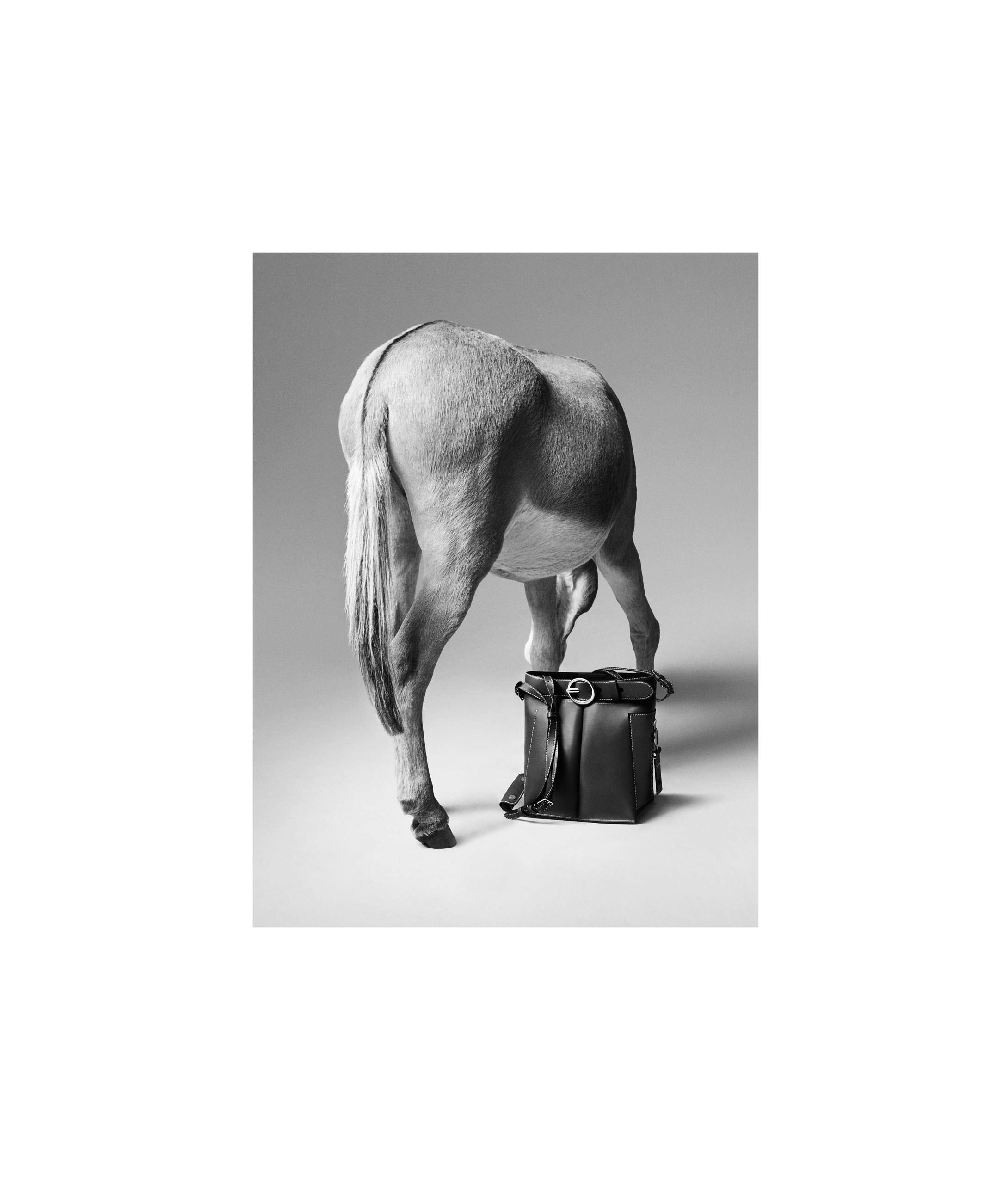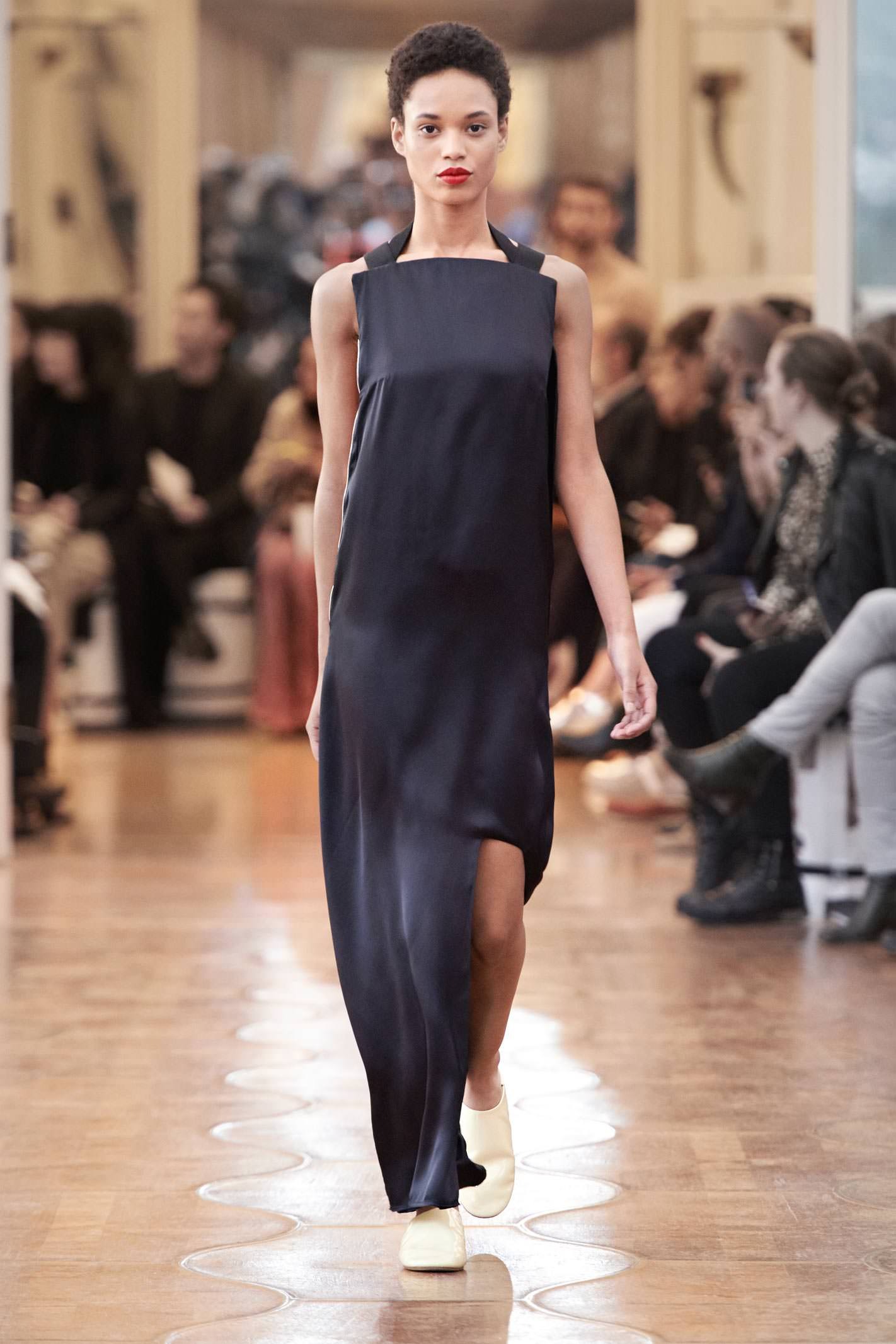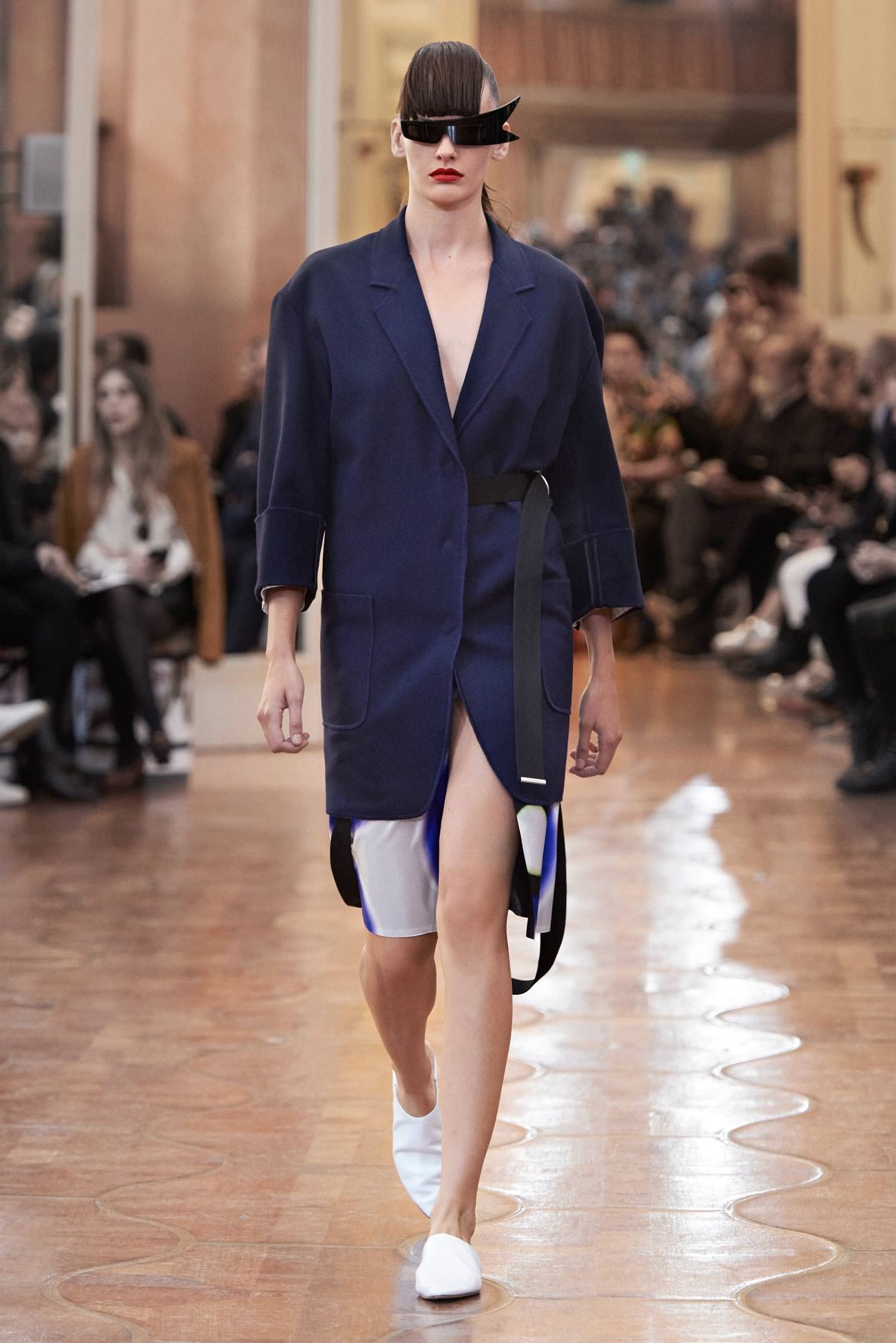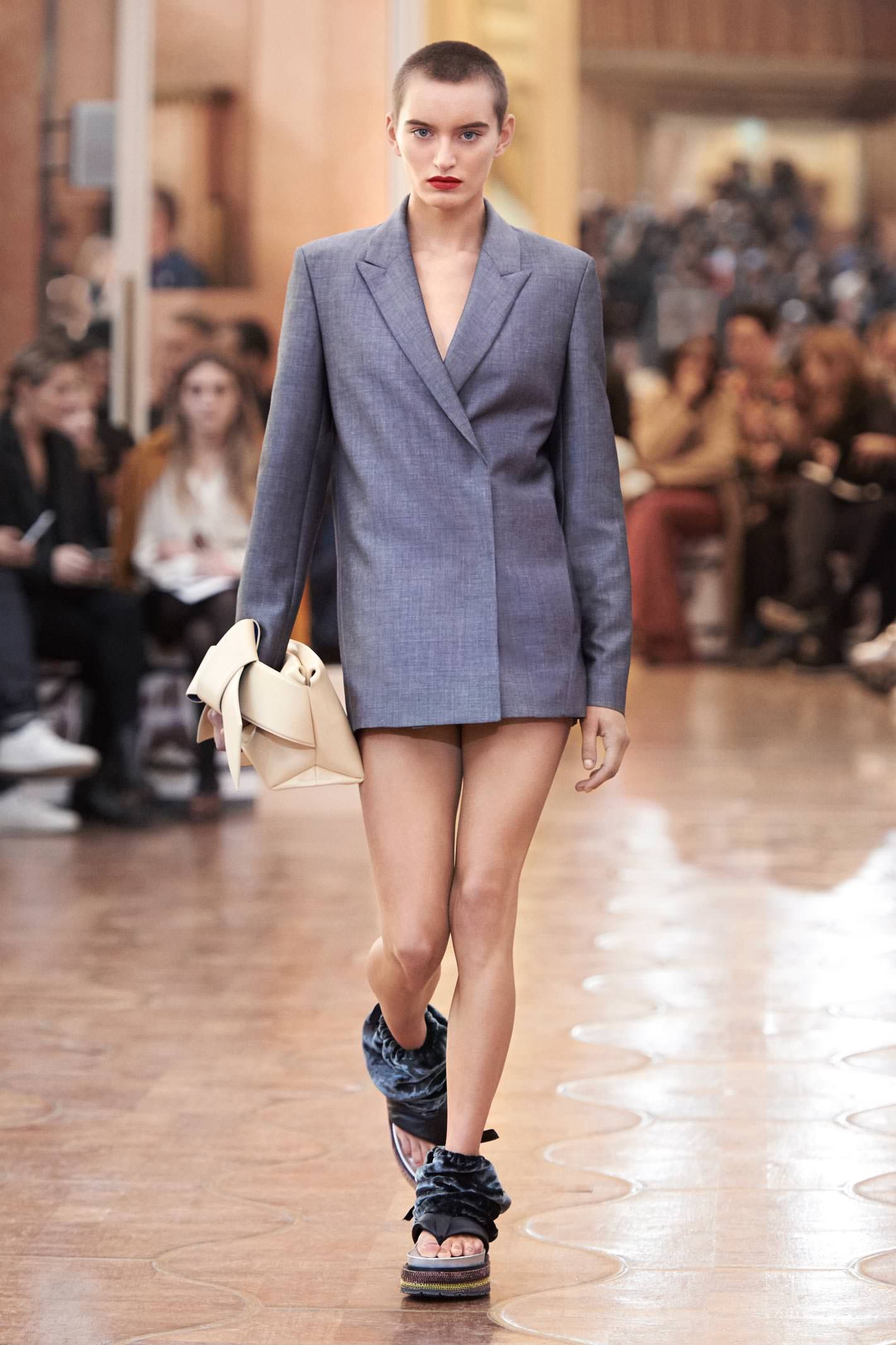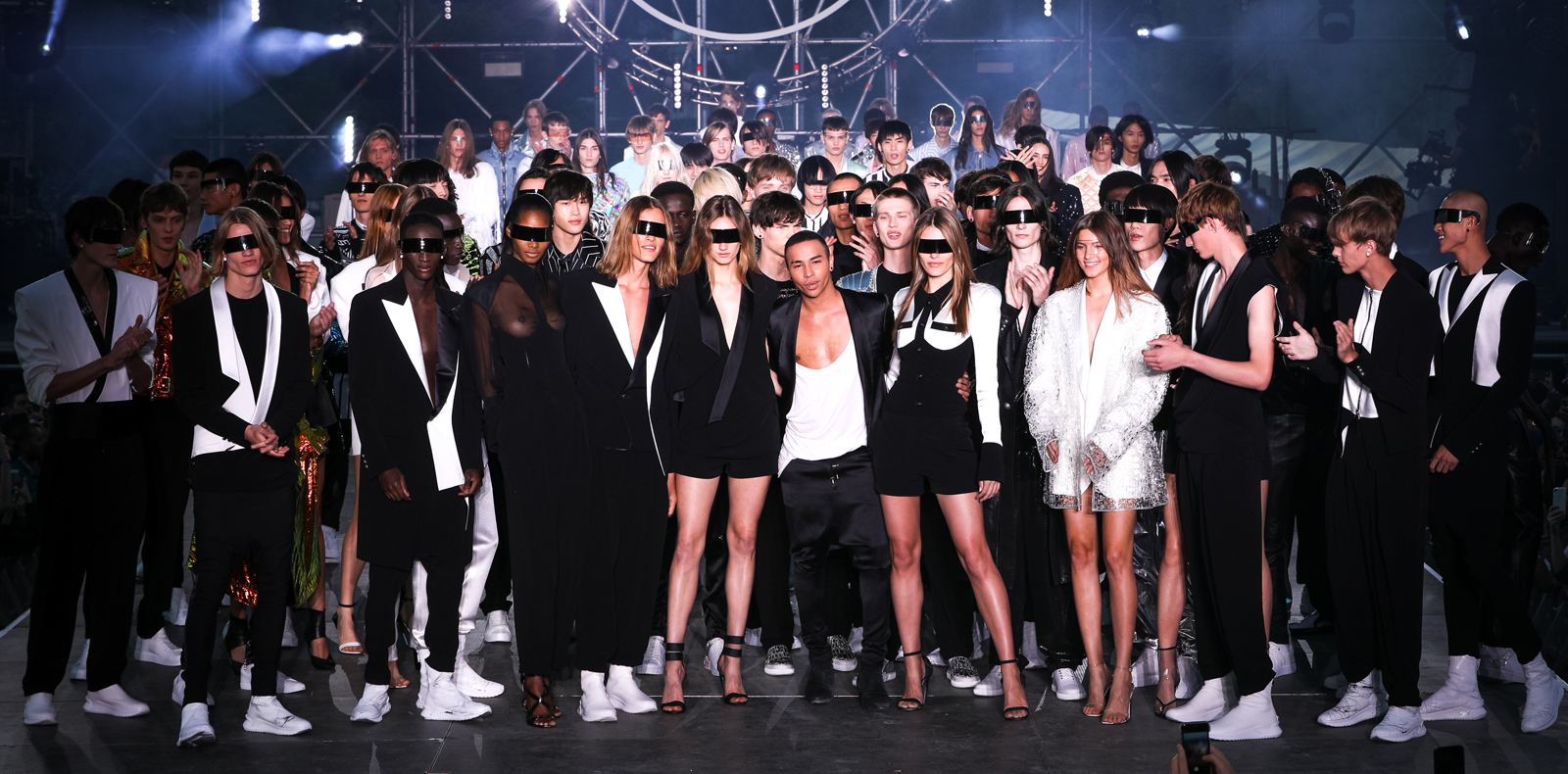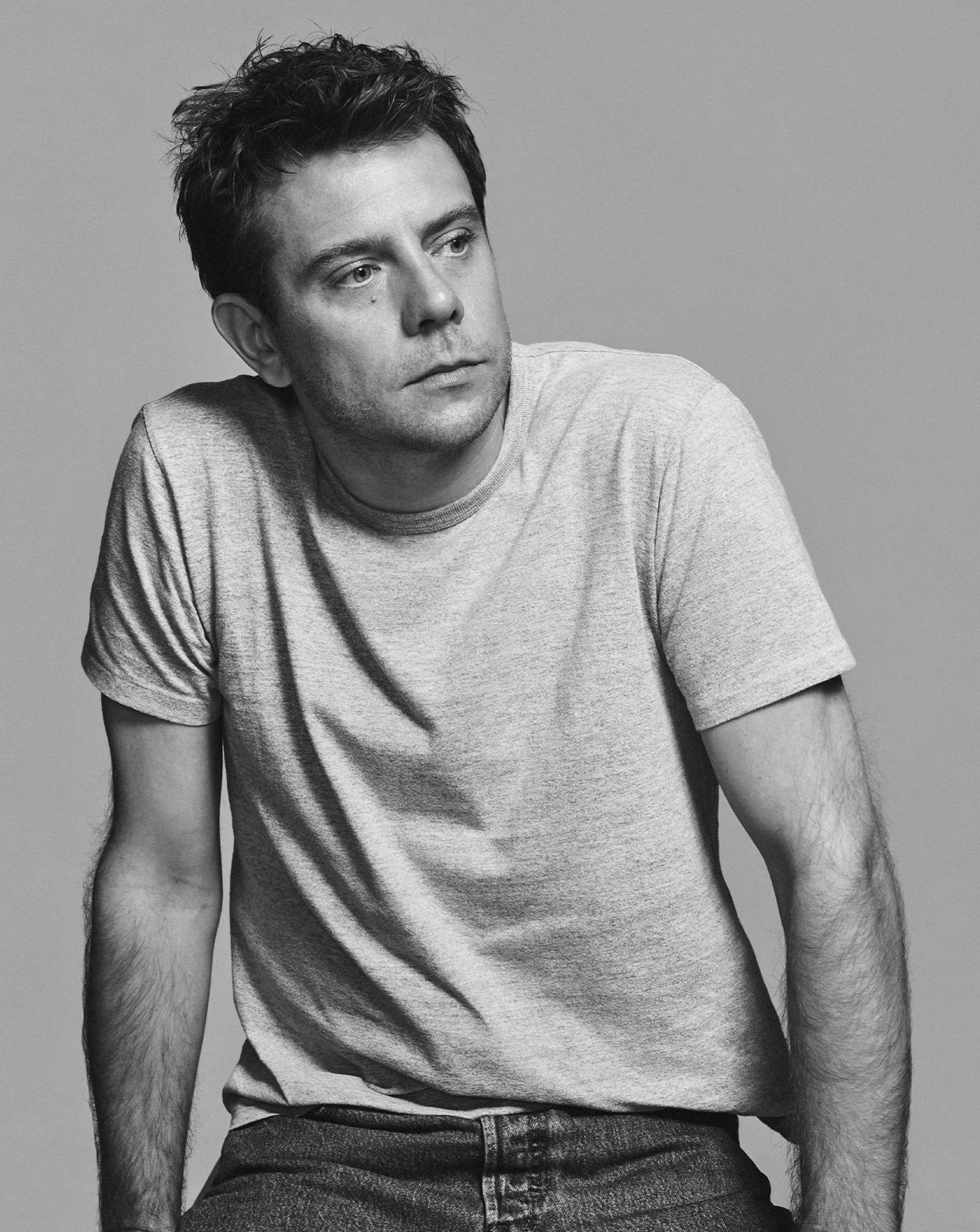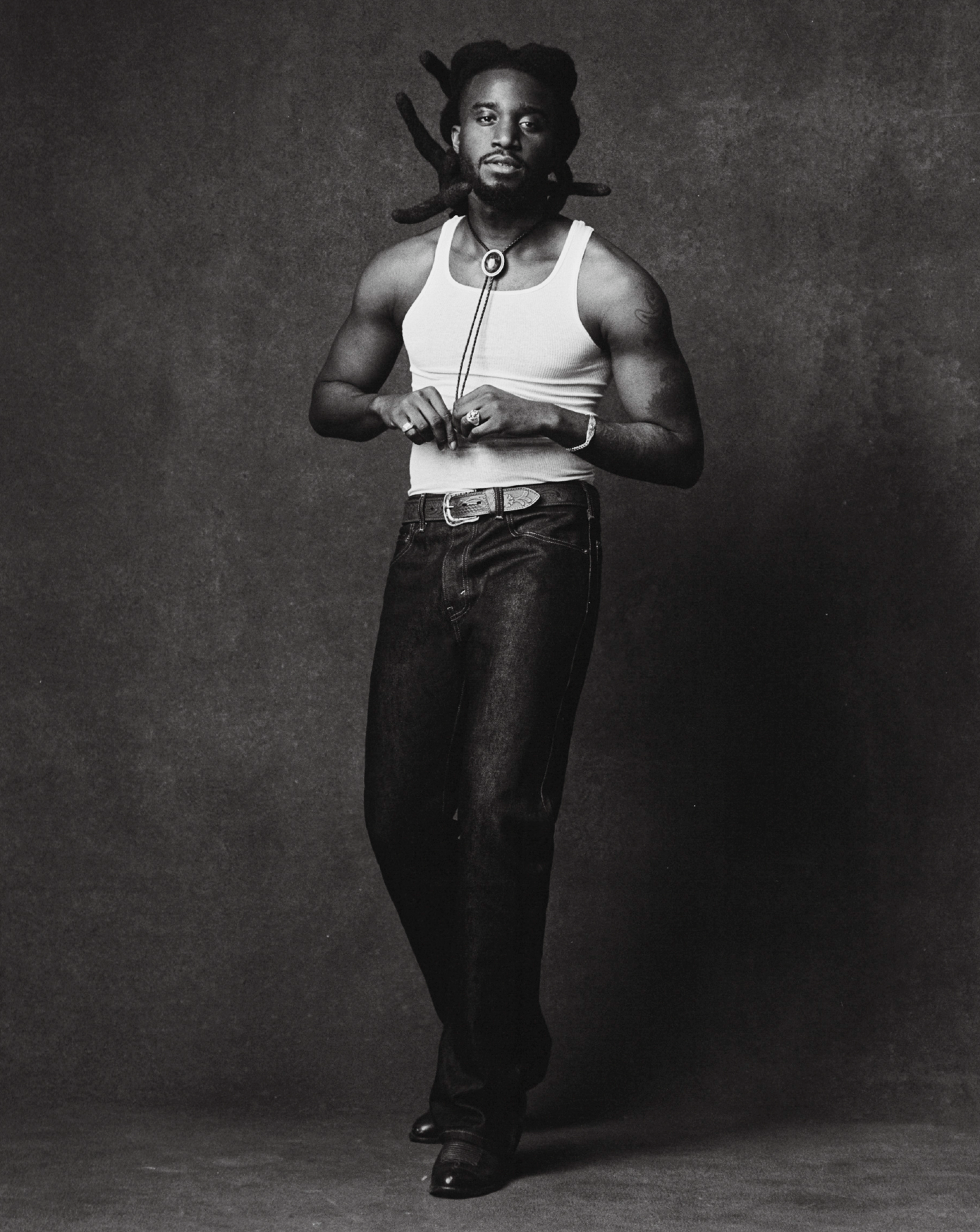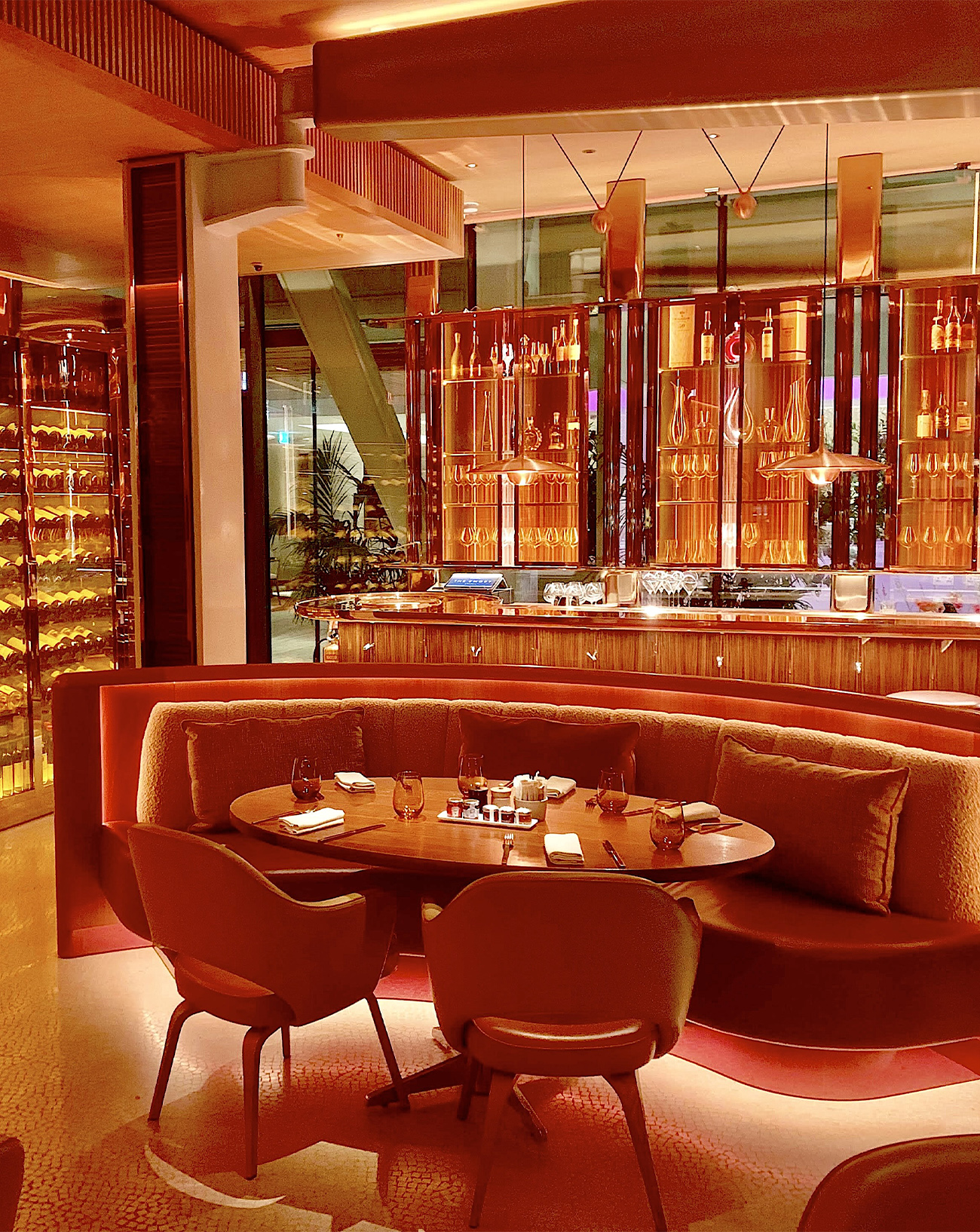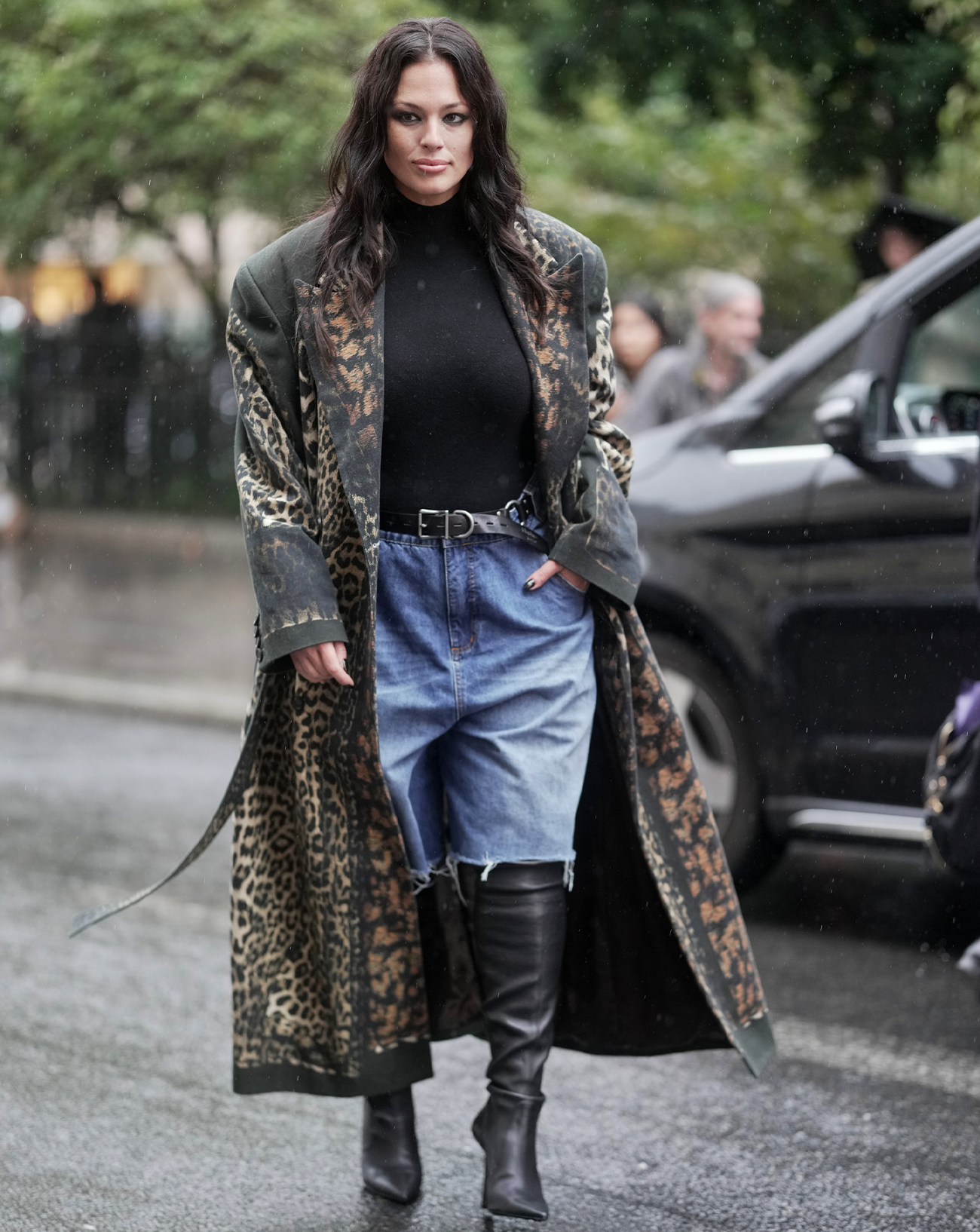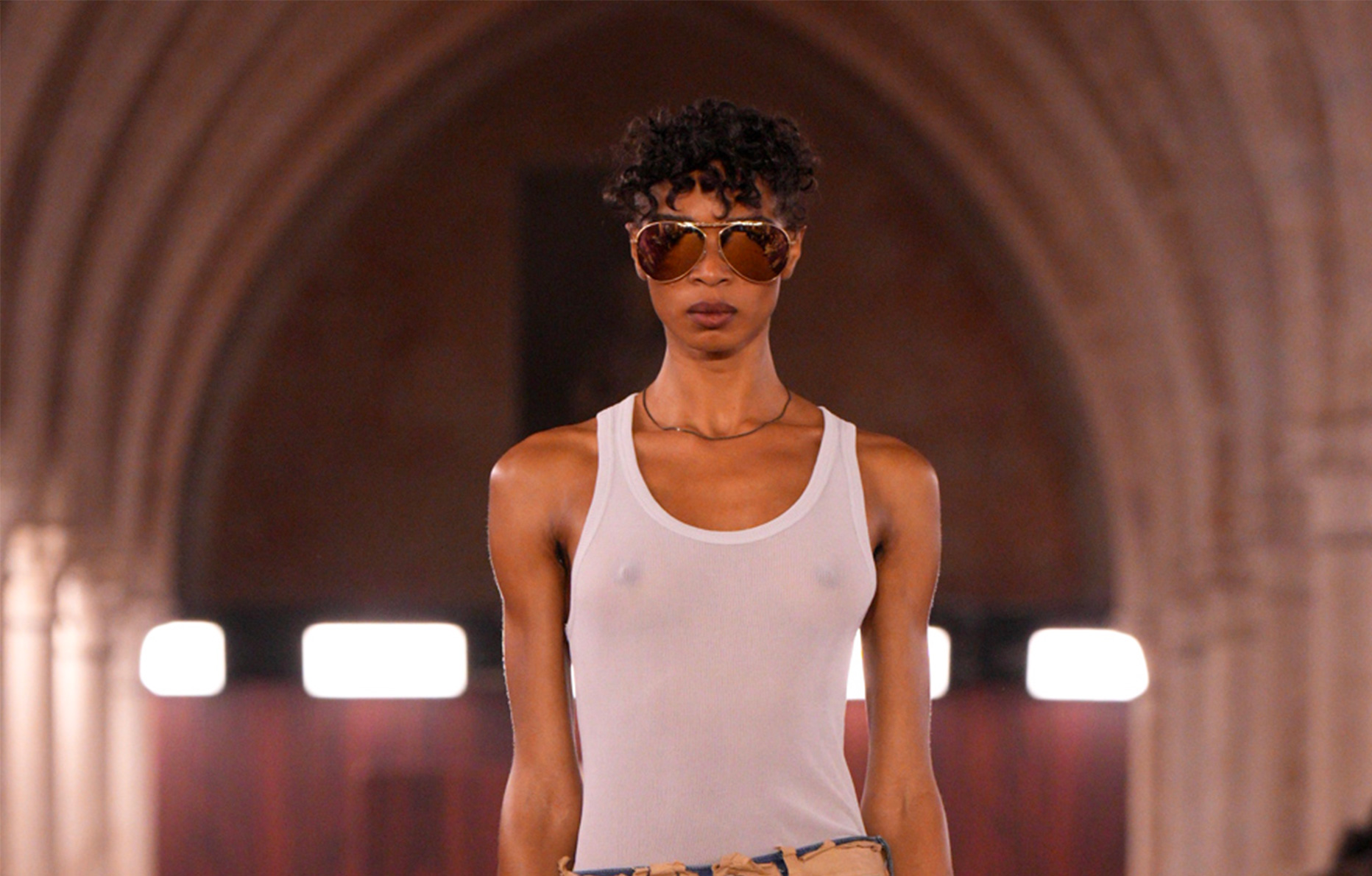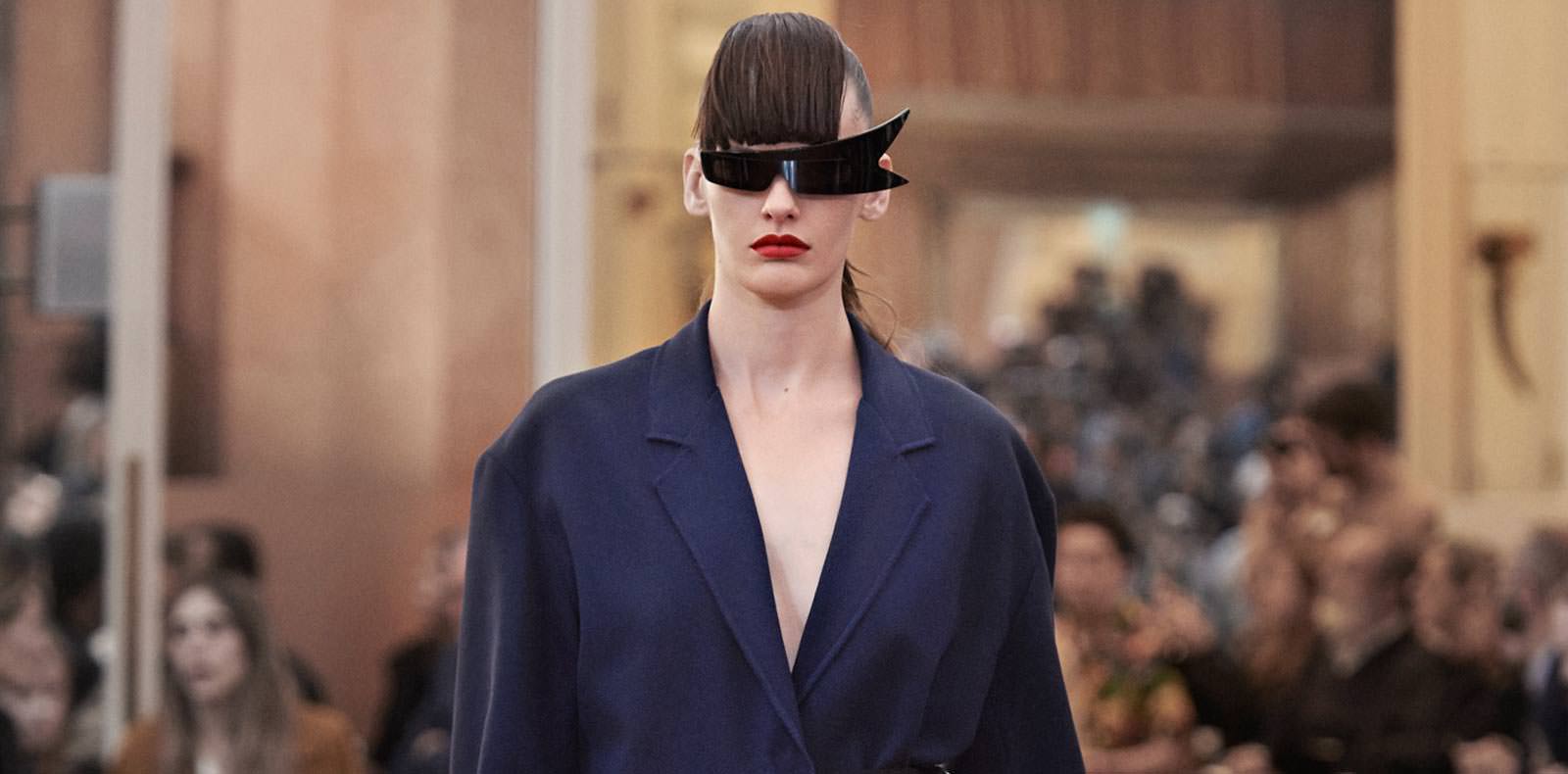
9
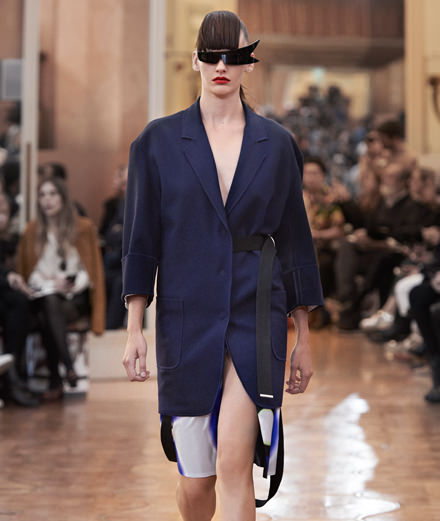
9
A Meeting with the founder of Acne Studios, Jonny Johansson
Since its inception in 1996, the Swedish brand Acne Studios has become synonymous with arty fashion. Numéro met with its founder, a man impassioned by art, photography and music, who breathes his love for contemporary culture directly into his creativity.
par Delphine Roche.
Numéro: Acne Studios began as a collective united beneath the banner of “Ambition to Create Novel Expression”. What was the groups intentions?
Jonny Johansson: As a group we’re united by mutual admiration. The others admired me less, but I was accepted anyway [he laughs]. We wanted to explore a number of creative outlets, as contemporary artists who express themselves via different media. We wanted to combine music, moving images, illustration… We wanted to somehow analyse our times, to explore the future of our cultural milieu, to offer our point of view. Generally speaking, we were seeking to grasp and to define exactly what contemporary means.
How did fashion enter into the project?
It arrived quite naturally, being the collective glue that links all creative disciplines. We knew that the public’s engagement would be much more lively via fashion than other forms of expression.
Beyond a certain look, Acne Studios sets itself apart by revisiting functional pieces, with a very personal inflection applied to questions of volume and colour.
Exactly, we weren’t aiming to promote a self-contained concept or any kind of uniform. We never, for instance, included our garments in the Acne Paper. We prefer to imagine our pieces mixed with the rest of a client’s wardrobe.
Why begin with denim?
It just seemed logical, as the jean is the contemporary garment par excellence. But it was far from our intention to become a denim brand. The instant success of our jeans was in some ways a poisoned chalice because it was subsequently quite difficult to communicate the fact that our creative ambitions went much further.
While Sweden lacks any distinct heritage in terms of fashion, its design culture is very strong. In what ways has it influenced you?
Swedish furniture design is predicated on notions of functionality and authenticity. It took me a while to understand the ways in which this cultural heritage influenced me. But I would finally come to admit that we are, in part, constructed by the places we live. And this is why its’ important to me that we manufacture in Stockholm.
How do you account for the cult that young urbanites the world over have dedicated to Acne Studios?
I think we understood how to remain flexible while interacting with a vast community. And additionally, we have a policy of honesty, attributing prices according to each garment’s cost of fabrication, and we’ve never paid a celebrity to wear our clothes. We explore new forms and new ideas. And I would hope that we encourage people to express themselves via fashion.
Your have just launched your own handbags. What is the motivation behind this?
Up until now, I sometimes added a vintage bag to finish a look, but the obsession with it-bags has always bothered me. I determined that if ever we were to produce bags, they would have to comply with our general methodology. For instance, the “Rope Bag” came about as we were experimenting with reducing the volume of garments. By way of a strap I used a length of rope lying around the studio. I waited a long time to feel fully satisfied before presenting bags for the first time, in our spring-summer 2016 runway show.






